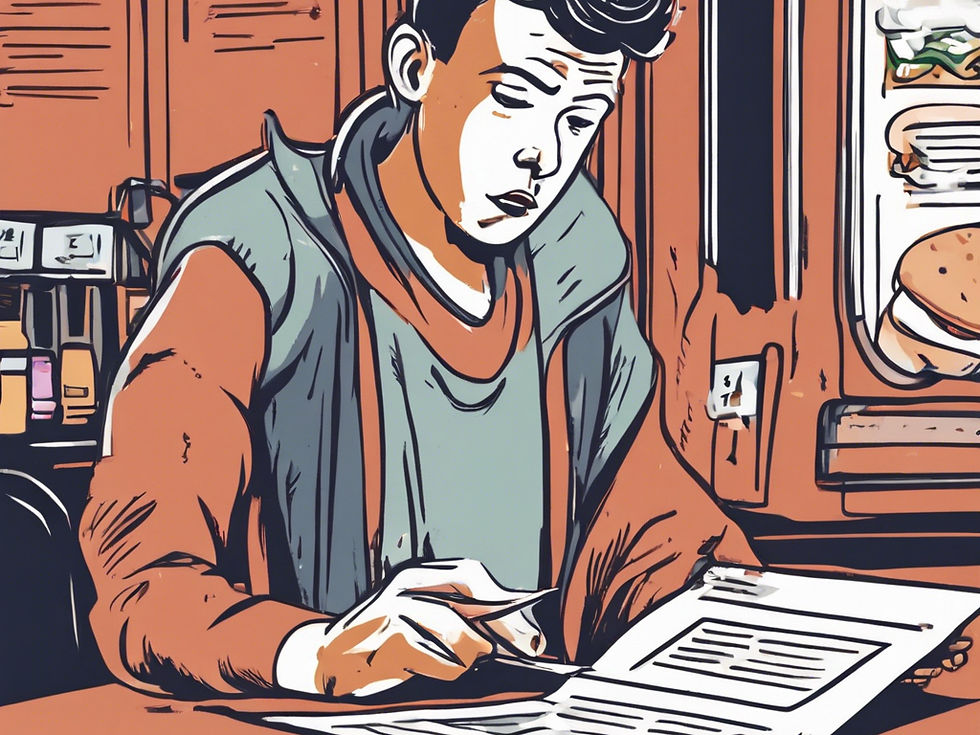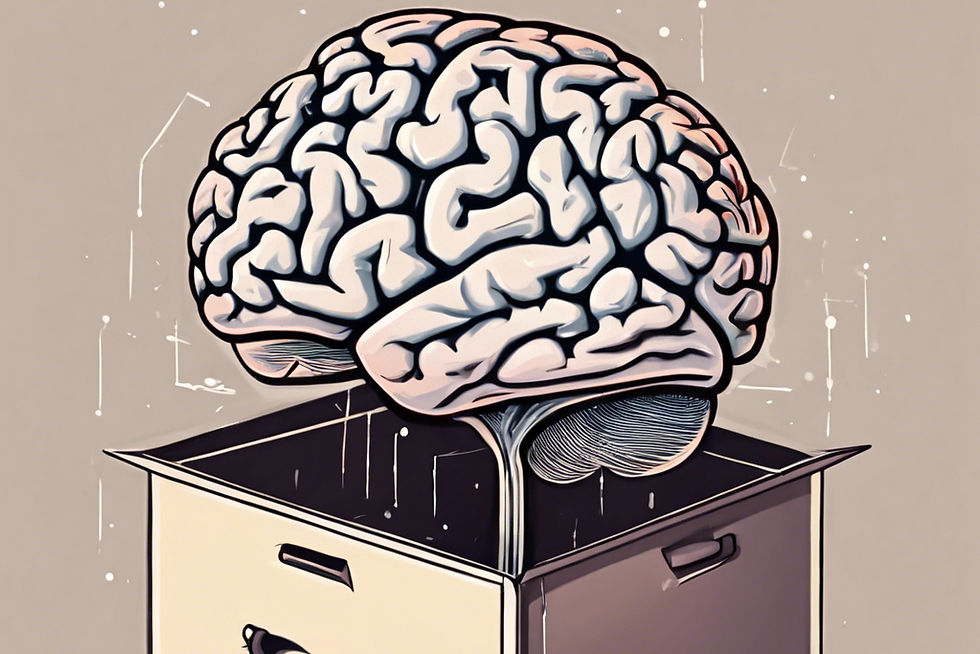5 Laws of Great Thinkers Part 1: Making Better Choices
- Sebastien Braxton
- Jun 3, 2024
- 2 min read
Would you prefer McDonald's or Chik-fil-A? As a vegan, neither of these restaurant really offer much for my dietary persuasion, but most of us will answer this question based upon our values. Values regarding taste, cravings, ethics, and standards of culinary expectations drive our decision. Perhaps you may have thought: neither. Nevertheless, while psychological research abounds around choosing between well-defined alternatives, many of our choices daily fall into the open ended category.
Dr. Karolina Lempert, professor of psychology at Adelphi University, states that open ended decisions compromise the majority of our decisions and, "More often, such as when deciding how to spend a weekend evening, we first must mentally generate a range of options, a process that is crucially important for making choices." Dr. Lempert cites a 2021 study that reported that "people were much more likely to think of McDonald's than Chik-fil-A when asked to name a fast-food chain and therefore more likely to reply, 'McDonald's,' when asked, "What's your favorite fast-food chain?" This is surprising considering that more people in the study chose Chik-fil-A over McDonald's as a

favorite when presented with a full comprehensive list of fast-food chains.
Okay, Sebastien, in plain english please. Most of us do not carry around a comprehensive list of fast-food restaurants with us when choosing where to buy a quick meal on the go. This means that we often choose that which comes to mind more easily. For the people in the study, that was McDonald's. Though, most of them preferred Chik-fil-A. So whatever comes mind easily deeply impacts our choices, leading us to often end up with something less satisfying because we couldn't think of something better in the moment.
Let's add one more factor here. In a 2020 study, researchers explored what is most likely to come to mind. Participants demonstrated that what is more common (expected by the researchers) often comes to mind, but the surprising part was that the ideal also came to mind equally as often. Thus, we quickly brind to mind the common and the valuable (ideal). Generally, this is pretty safe right? You eat a good burger somewhere, you remember that place for the next time you need to grab lunch quickly. However, while our memories may be efficient, they are ultimately limiting.

Great thinkers and creative minds seldom settle for the popular, usual or most common solution. They also do not allow themselves to drift into the lazy river of what has been valuable or good in the past. The first law of great thinkers is that they consider new menus.
They come up with the most creative and meaningful gifts because they resist the magnetic force of the Amazon recommendation button or the billboards on the highway for the next McDonald's. They pause. They scan for alternatives. They stroll around the mall first before going to their go-to-store for birthday or anniversary gifts. They consider all forms of recreation and relaxation instead of the slippery slope of netflix-and-chill. And the result is that they end up happier and more satisfied with their meal, their gifts, or their rest.
Comments